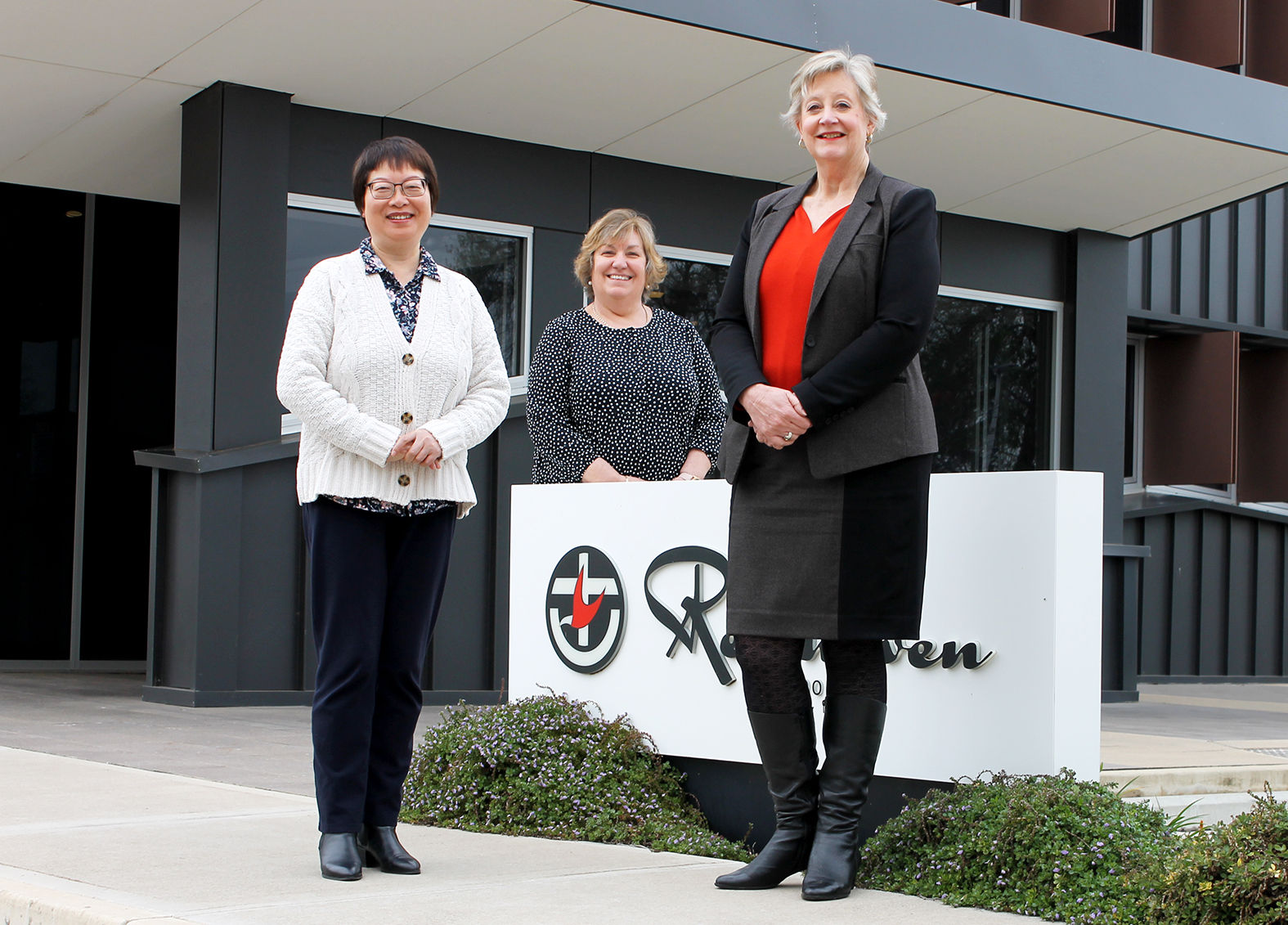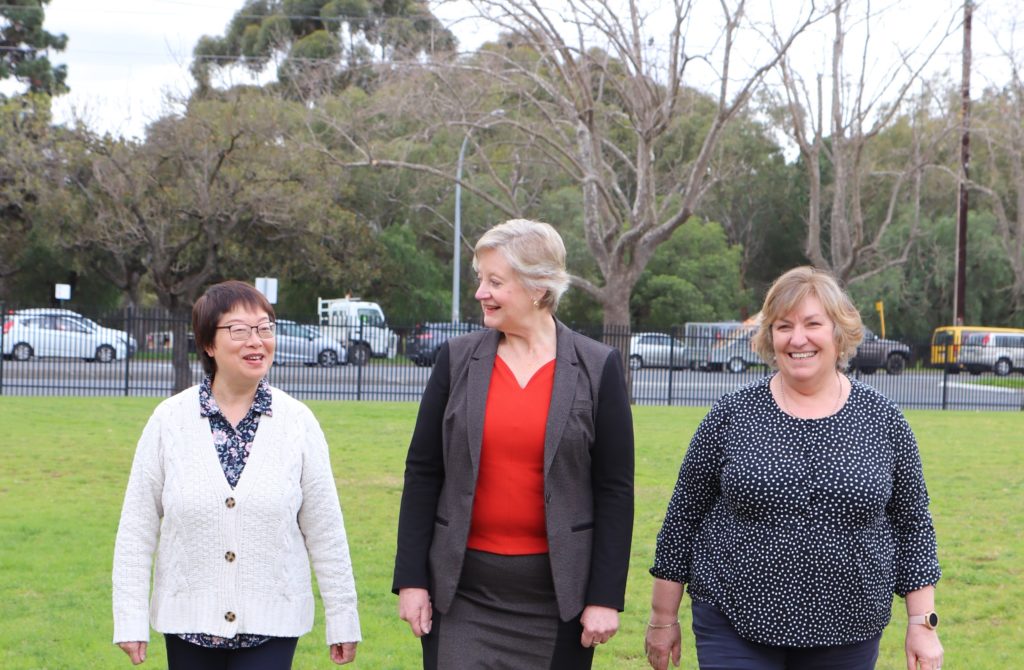
Support for carers of people living with dementia will be bolstered under a new and innovative patient-centered approach led by Flinders’ Caring Futures Institute researchers.
The Partnership in iSupport Program is designed to improve quality of life and health for informal carers and people living with dementia by equipping them with the skills and knowledge to cope with the disease.
The program has been awarded $1.4 million in support over four years in the Medical Research Future Fund’s Dementia and Aging and Aged Care Mission round. It is expected to reduce the burden on hospital wards and emergency departments, and to keep people living with dementia in their own homes for as long as possible.
Internationally recognised dementia caregiving researcher Professor Lily Xiao, from Flinders University’s College of Nursing and Health Sciences, says informal carers of people living with dementia can experience significant negative impacts on their emotional, psychological and physical health.
There are 200,000 informal carers of people living with dementia in Australia.
“They receive less education and limited ongoing support than professional carers do, and this can leave them feeling socially isolated due to the time spent caring for their loved one, stigma and the lack of quality social networks,” Professor Xiao says.
“Carers experience stress, poor health and poor quality of life, and this can contribute to the person they care for being permanently admitted to a nursing home earlier than they would if greater support for them existed.”

The Partnership in iSupport Program involves three key interventions; one providing carers of people living with dementia with a ‘link worker’ who can assist the carer to navigate and access services.
Carers would also have access to the Australian iSupport for Dementia program, an online resource led by Prof Xiao’s team, helping them to develop coping skills, self-care and assertiveness when seeking help from others.
Virtual carer support groups will reduce social isolation among carers and allow them to reach out for support among a social network.
Professor Xiao says these interventions are expected to significantly improve mental health and wellbeing among carers and the people living with dementia.
“We expect improved quality of life, improved self-efficacy and social support and reduced stress for carers,” she says.
“The person with dementia will also experience benefits including improved quality of life, reduced dementia related symptoms, and unplanned hospital visits.”
Professor Xiao is launching a study to prove the effectiveness and economic viability of the new program. Caring Futures Institute Foundational Director Professor Alison Kitson and health economic expert Professor Julie Ratcliffe are also involved in the project.
Carers engaged through aged care community service provider Resthaven and support organisations throughout the Southern Adelaide Local Health Network, Bolton Clarke Victoria, and Canberra Health Services will take part.
Upon conclusion of the study, it’s expected that researchers will recommend to the government that the program be included in home care packages or in the Medicare benefits schedule.
Professor Xiao has already led a pilot study of the Partnership in iSupport Program with 25 carers of people with dementia in collaboration with Resthaven.
The program was widely accepted by carers and the care service provider.
Sue McKechnie, Resthaven Executive Manager, Community Services, says having more support and education opportunities for carers of people with dementia benefits both the carer and the person with the condition.
“Resthaven is excited to participate in the next stage of this evidence-based consumer research that aims to prepare carers to actively participate in the development of care plans of people with dementia to ensure they receive high quality services that meet their needs,” she says.
Three Flinders University-led projects were awarded in the recent MRFF grant round, totalling $5.8 million. $2 million was awarded to investigate a blood test to help guide the treatment of gastrointestinal cancers, while $2.4 million was awarded to research into the treatment of cancers with an unknown origin, including for Indigenous Australians.

